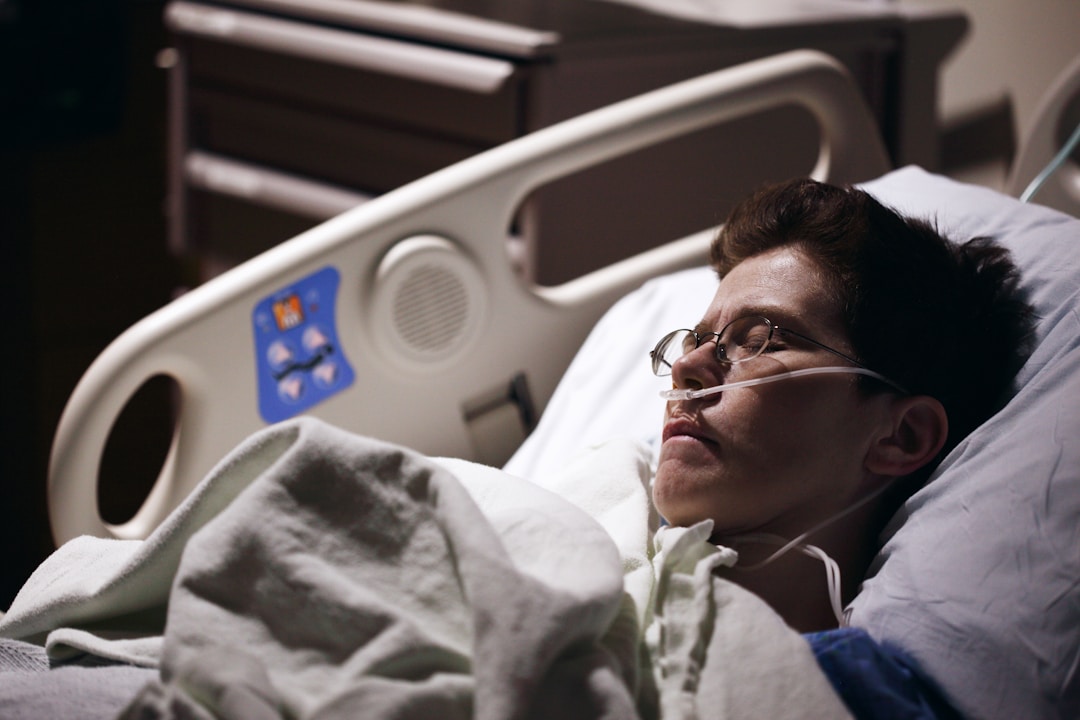Depression is a complex disease that numerous different factors can cause. Whether it is past trauma, genetics, or life changes, this disease can be inhibiting and cause you much distress. When you have depression, it creates an overwhelming feeling of sadness and loneliness for almost no reason at all. However, when you feel like you have or are experiencing depression, there is help. Look for help, such as the Therapy Group of Charlotte, to find a counselor or group therapy to help you with your depression. Below we will look into some common reasons you may have depression.
Hormonal Causes

Depression can come along for many different reasons, one of which is hormones. Hormones are responsible for many other things in our bodies, and when they go out of whack, they can mess with our brains. One primary hormone that could be contributing to depression is testosterone. While testosterone is mainly found in men, women produce this hormone just on a smaller level. Therefore, when testosterone levels are low, it can cause depression. Testosterone can be low for many reasons, such as sickness or obesity. Consult with your doctor if you suspect low testosterone and look into a natural testosterone booster to see if it helps with your depression.
Losing A Loved One

The loss of a loved one experienced at any level can cause a depression that can last for weeks to months. There is no timeline on grief, and one of the symptoms is depression. If you experience the loss of a loved one, you may feel lonely and want to isolate yourself from others to grieve. There are groups available to help suffer the loss of a loved one, which can help with depression and many different medications.
Illness

Certain illnesses can cause depression, such as an underactive thyroid, referred to as hypothyroidism, and cancer. Having a longstanding or life-threatening illness can also cause depression or increase your risk of developing depression. These illnesses can include coronary heart disease and cancer. Undergoing long-term treatment is not only draining to the body but the mind as well.
Having a Baby

While it may seem like the most joyous time of your life, having a baby can trigger depression, this type of depression is often referred to as postpartum depression (PPD). Postpartum depression can come on at any time from the baby’s birth to six months later. Having PPD can impact your life and your babies in the months to come. For example, you may feel bad about yourself like you’re not a good mother, and it may cause you to have trouble bonding with your baby. There is a broad range of emotions that new mothers feel that can come with PPD, but thankfully this type of depression can be helped by medication and counseling. Sometimes PPD can last a while, but there is help available for new mothers and many coping mechanisms to help you along the way.
Genetics and Personality
Genetics and personality traits are other factors that play a huge role in depression. These two can be linked, causing more severe depression. If someone in your families such as your mother, brother, or sister, has depression, you are most likely to develop it as well. Beyond just genetics, your personality can play a significant role in developing depression as well. When you have low-self esteem and are often down on yourself, it is easier to develop depression over time at a younger age.
Getting Help
No matter what you have experienced, whether it is a new baby, major illness, hormonal changes, or just your genetics, the important thing to remember is there is help for anyone experiencing depression, no matter the cause. Finding the right counselor or therapy group is essential for healing from depression and finding support.





